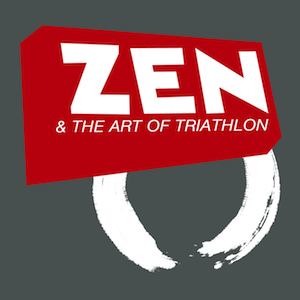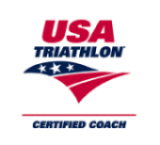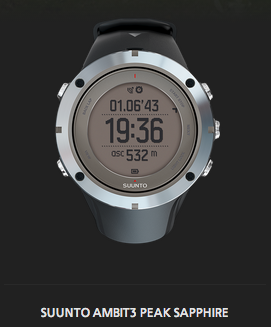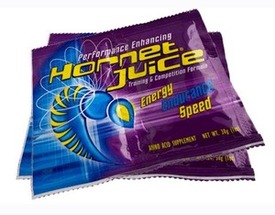What You Didn't Know About Fiber And How It Can Help You
 Thursday, August 23, 2012 at 8:44AM
Thursday, August 23, 2012 at 8:44AM 
I noticed the graphic above on the back of a bag of almonds the other day, and it led me to dig into some science. We love science here at ZenTri, so here's the details:
Fiber is a carbohydrate too, but an indigestible one. Fiber is made up of carbohydrates, but your body can't use them for fuel. When you look at the grams of carbs of a food, if there's fiber in there, those fiber grams don't count.
"Insoluble fiber" is fiber that can't absorb water, while "soluable fiber" can. Insoluable straight up scrubs your guts clean and soluable swells up in your belly and makes you feel full.
So, I'm munching on some almonds, putting two and two together, and thinking about the impact this has on modern man and our waistlines. The whole point of processed foods is to reduce the time it takes to chew it (fiber) and pump up the calories to make you feel good faster, increasing profit for the seller. It is very similar to beer makers creating "wide-mouth" cans so you can get more of their product in your body faster. Imagine the reduction in intoxicated driving accidents if every container of alcohol only had a pinhole for an opening.
If you up your fiber intake, you reduce your calories while feeling fuller. Sounds like the Holy Grail to me. It also sounds like the way humans had to eat before processed foods came along, and we were less round for it. I've been trying it the past few days and I have to say, I eat until I'm full and I stay full longer, and I'm actually eating less and not miserable about it.
How do you do it? There's two parts to the game: 1. Obviously, eat foods that are high in fiber and avoid those that aren't. Fiber-rich foods are usually whole foods like apples, bananas, most veggies, almonds... the list goes on and on. What's not high in fiber? Pretty much anything that's processed or a popular bread. Thankfully, you can look on the back of most labels to see, or look it up on the Internet. 2. You can buy fiber for cheap and sprinkle it on foods that don't have much or any to bulk them up. You'll get fuller faster and not eat as much.
How does this work in training? It pretty much doesn't. When exercising, you want a steady flow of easy-to-digest carbs to fuel your body. Fiber wrecks that process like a champ, but that's OK. If you are burning the fuel, then you needed it anyway. As a Zen Master might say - "When moving like an athlete, eat like an athlete. When sitting around, eat like you are sitting around."
















